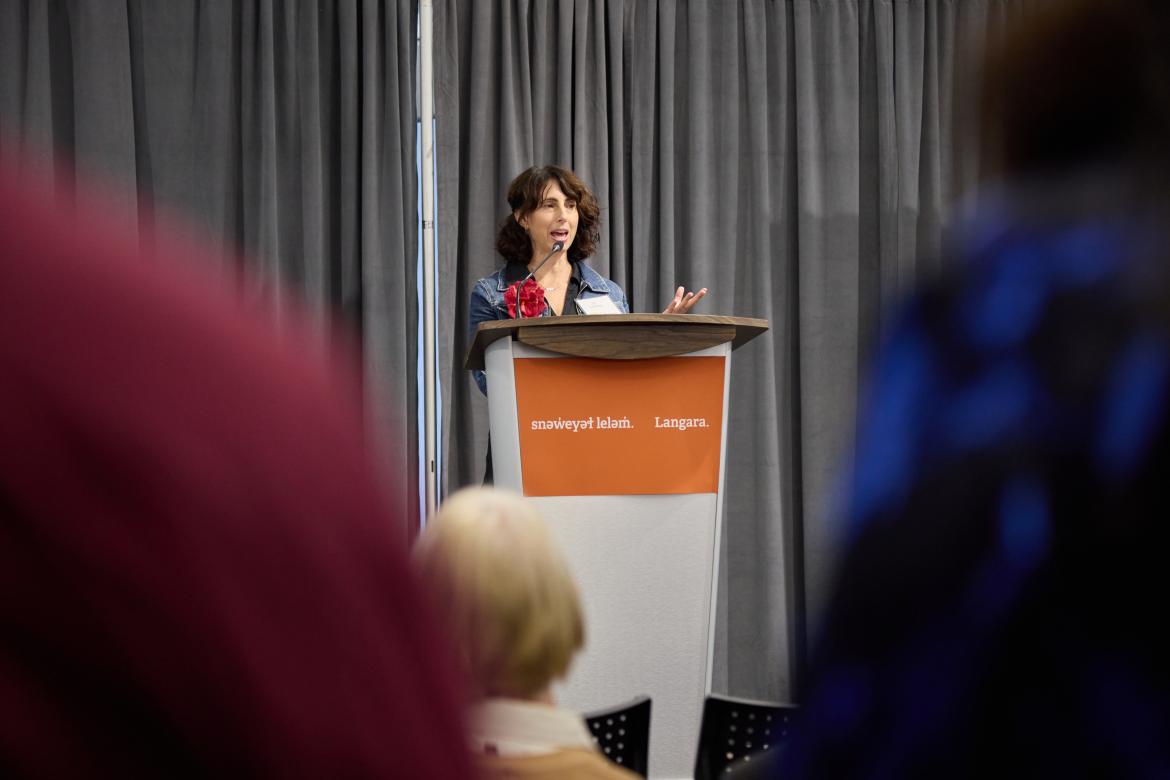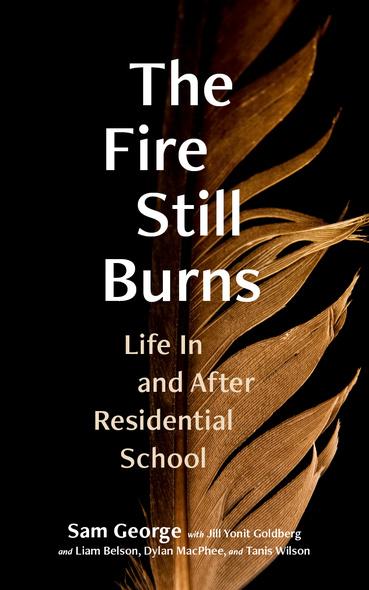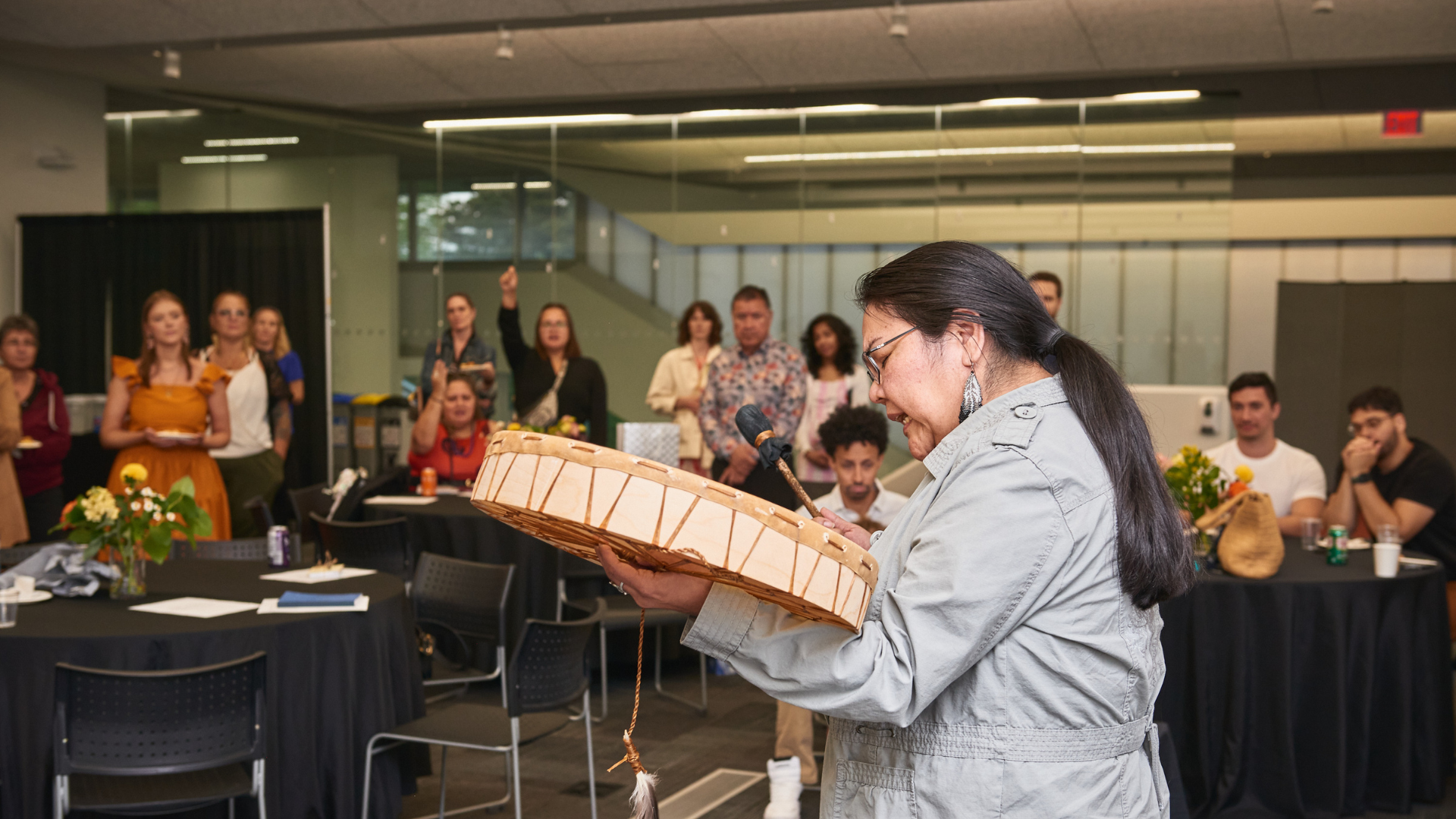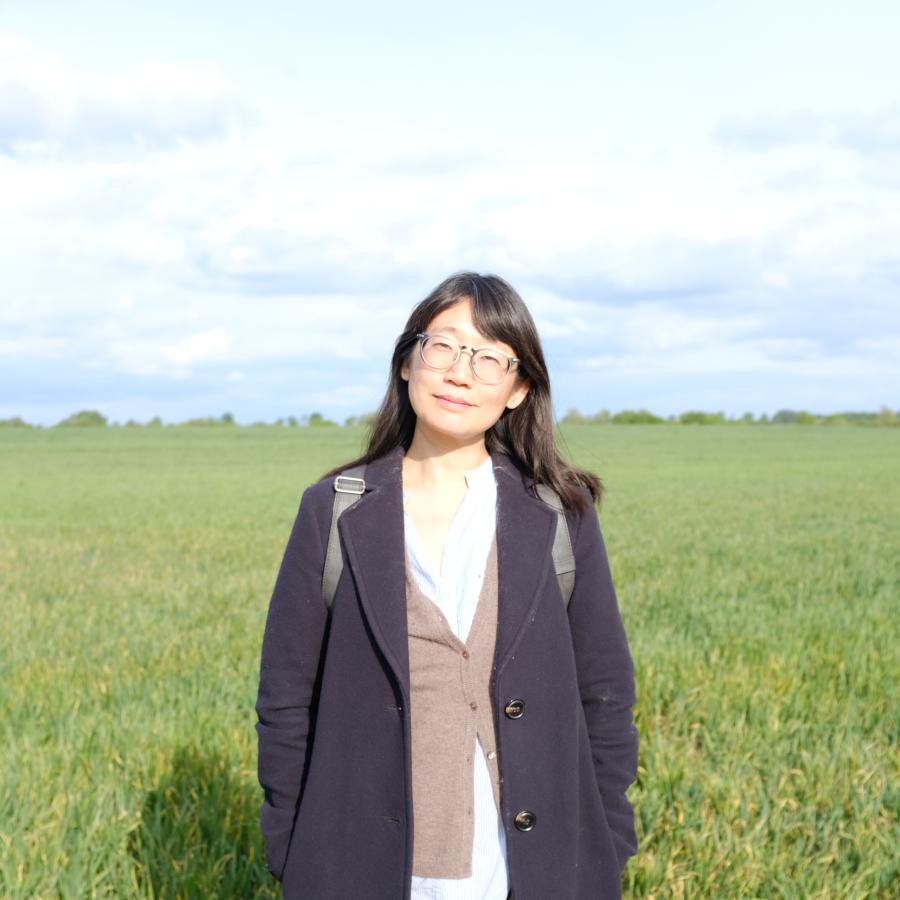Langara College’s Writing Lives program bridges generations by bringing students and Indigenous Elders together to co-write life stories, fostering cultural understanding and reconciliation to bring attention to the history of Indian Residential Schools. This unique course allows students to explore history and relationships while honing their writing skills, and Elders to preserve their stories for future generations.
From literature to living histories.
In 2019, Jill Goldberg, a seasoned instructor at Langara, reimagined Writing Lives, evolving it from a course on Holocaust literature to one centred on Indigenous residential school survivors. Through a collaboration with the Indian Residential School Survivors Society (IRSSS) and Langara's Indigenous Education and Services (IES), the course became a powerful platform for preserving history.
“The timing was exactly right,” Goldberg explains. “People wanted to hear these kinds of stories. The IRSSS was very receptive, and we were able to launch the program quickly.”

A course rooted in compassion and accountability.
Unlike traditional classes, Writing Lives emphasizes relationship-building. Students meet with Indigenous Elders to document their life stories, creating memoirs that are preserved as personal keepsakes for the Elders and their families or shared more broadly.
“It’s not just about hearing stories – it’s about showing care, compassion, and accountability,” she says.
We focus on how to create ethical, caring relationships with the Elders. Students also learn self-care because listening to these histories can be challenging.
The result is a powerful sense of connection. “Students don’t just learn about history in the abstract – they feel implicated in it. They’re carrying knowledge and contributing to reconciliation in a way that’s active and tangible.”
Life-changing impacts for students and Elders.
Writing Lives has inspired students to pursue careers in social work, law, and counseling; applying the lessons of care and accountability they learned in the course. “One Indigenous student found the program transformative, shaping her journey into social work and law school,” Goldberg shares.

For Elders, the program offers healing and preservation. Goldberg recalls a memoir that became a treasured family keepsake. “Her daughter told me how much the memoir meant to their family – it captured stories they otherwise wouldn’t have known.”
One of the program’s most notable successes is Sam George’s memoir, The Fire Still Burns: Life In and After Residential School, which sheds light on residential schools and the resilience of survivors. “Sam’s storytelling is authentic, witty, and powerful,” says Goldberg. “There’s a hunger for this knowledge, and his voice really comes through.”
A step towards reconciliation.
Writing Lives exemplifies Langara’s commitment to Indigenization efforts. Goldberg sees the course as a microcosm of reconciliation. “It’s not about grand gestures – it’s about building kind, ethical relationships,” she explains.
When students and Elders connect, there’s humanity, care, and mutual respect. It’s a small model of what reconciliation can look like.
The course’s emphasis on building connections also highlights the ongoing relevance of history. “For many students, history feels distant,” Goldberg says. “This course shows them that history is alive and present – it’s in the people we meet and the stories they share.”
Preserving stories, shaping futures.
At its heart, Writing Lives is about honouring stories and ensuring they endure.
These memoirs preserve family legacies. For some families, they’ve provided a deeper understanding of their loved ones. For others, they’ve been a source of healing.
As Langara College continues its journey toward Indigenization, Writing Lives stands as a testament to the power of storytelling to uncover the truths of residential schools, bridge divides, heal wounds, and inspire change. “This course shows us how to care – for each other, for history, and for the future,” Goldberg says.
For students and Elders alike, the lessons of Writing Lives extend far beyond the classroom, reminding us of the importance of listening, learning, and sharing.
Writing Lives is a two-term program taken through English 2237: Exploring Literature and English 2276: Creative Non-Fiction. Learn more about how to be part of Writing Lives’ next intake.





